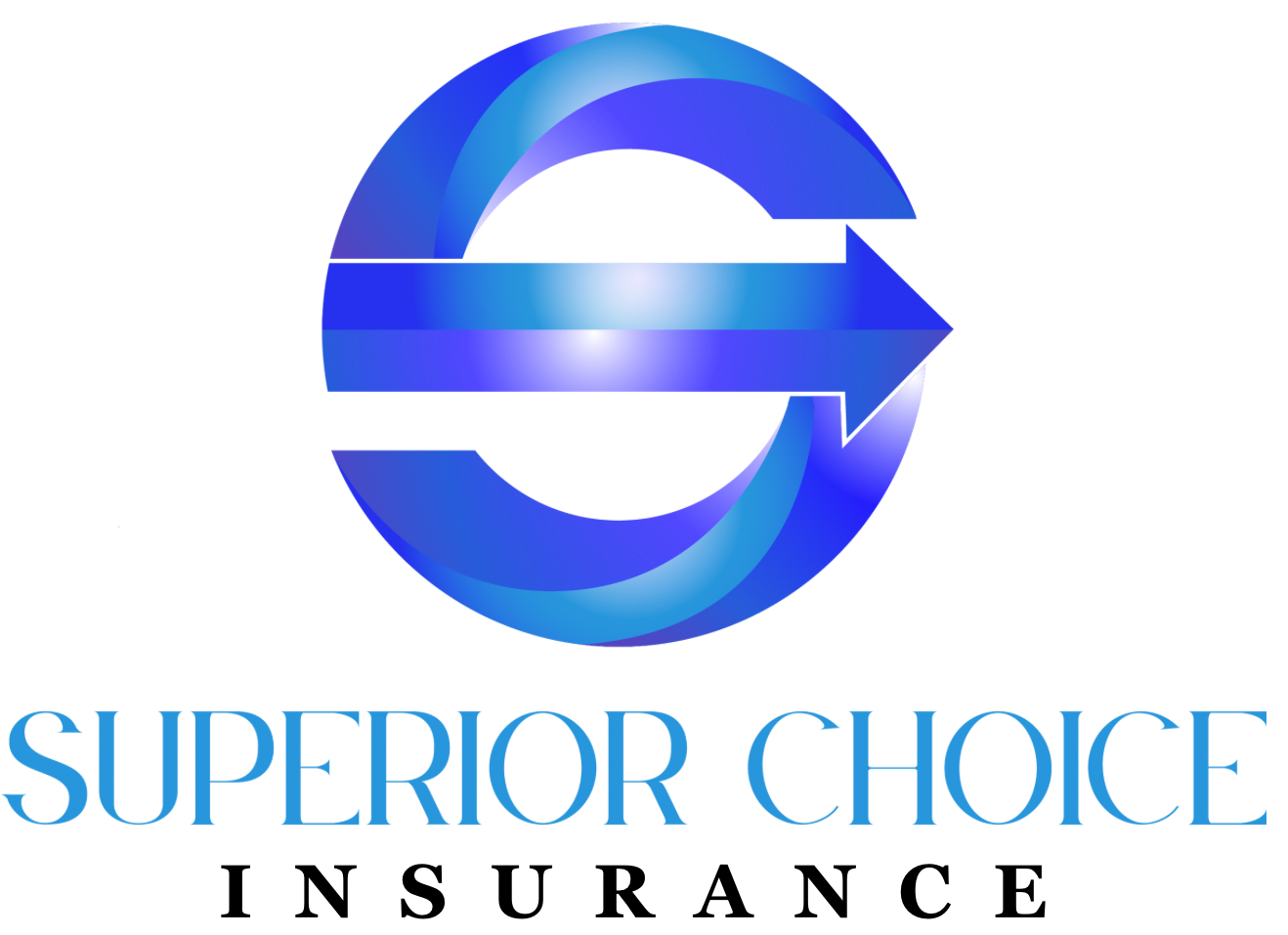Personal/Commercial Auto Insurance
What is the difference between commercial and personal car insurance?
The main difference between personal and commercial auto insurance is who owns the vehicle. If your business owns a vehicle, it must be covered by commercial auto insurance. Both personal and commercial auto policies pay for legal expenses, bodily injury, and property damage related to auto accidents.
Businesses that rely on vehicles for their operations should consider purchasing a commercial auto insurance policy. Certain federal or state laws may mandate that commercial vehicles and drivers have adequate insurance coverage. If you need business auto insurance or want to ensure your company is in compliance with applicable regulations, contact Superior Choice Insurance today.
What Is Personal Auto Insurance?
Personal auto insurance only covers accidents that occur while you’re driving your vehicle for personal use. That includes commuting to and from work and travel unrelated to your job duties. Policies typically insure the owner of the vehicle and one or two immediate family members.
Your personal car insurance won’t cover business use
Most personal auto policies specifically exclude business use. If you get into an accident while driving for work, your insurance company will likely reject your claim. In some cases, personal auto insurance might include limited coverage for business use. Check with your insurance company to find out exactly what is and isn’t covered.
What Does Personal Auto Insurance Cover?
6 Types of Auto Coverage Explained:
-
- Liability coverage
Protects you if you cause damage to others and/or their stuff. Liability can help cover another person’s medical bills or costs to repair their vehicle and property damaged from the accident. Most states have legal minimums to how much liability coverage you must have. It’s often a good idea to carry more than what’s required, to decrease your chance of high out-of-pocket costs later. - Collision coverage
Covers your car if you hit another car, person or non-moving object (like those darn ornamental rocks cousin Todd has at the end of his driveway). #TrueStory Collision coverage helps cover costs to repair your vehicle regardless of fault. Collision does not cover if you hit an animal or if your car breaks down because it’s really old and untrustworthy. - Comprehensive coverage
Protects your car from things other than liability and collision, like theft, vandalism, fire, severe weather, hitting Bambi (don’t worry, he’s fine), etc. Comprehensive coverage is typically sold alongside collision coverage. Think of them as peanut butter and chocolate. Ok on their own. But together, magic. Sometimes, when you have more questions than answers on confusing insurance terms, it might seem easier to do nothing at all. So, whether you’re protecting the things you love or preparing for tomorrow, don’t get overwhelmed, get started. - Personal Injury Protection
Pays for the policyholder’s direct and indirect medical expenses after an accident. Required in 12 states. - Uninsured/Underinsured Motorist
Covers vehicle damage and medical expenses after an accident with an uninsured/underinsured driver. Required in 20 states. - Medical Payments
Pays for the policyholder’s direct medical expenses after an accident. Required in two states.
- Liability coverage
What Is Commercial Auto Insurance?
A auto insurance policy for your business can help cover the costs (e.g., damaged property and/or medical expenses) of an auto accident that may be caused by you or another employee. Generally, these coverages include liability, collision, medical, comprehensive and uninsured/underinsured motorist coverage. There are additional coverages a business may need to add to their commercial auto insurance coverage. Our agency can help you review your business’s insurance needs and ensure you have the appropriate coverages.
What Does Commercial Auto Insurance Cover?
Commercial auto insurance comprises various coverages, including:
- Liability coverage may provide repair costs for the other person’s vehicle or property. It also can provide coverage for the legal fees associated with a lawsuit for personal injury.
- Comprehensive coverage can provide complete protection for damages unrelated to an accident, such as losses related to theft, floods, vandalism and fires.
- Collision coverage may cover vehicle repair costs if an insured vehicle collides with another vehicle or object. Collision insurance may also help replace a totaled vehicle.
- Medical payment may provide coverage for passengers and the driver when there is a need for medical care resulting from an accident.
- Uninsured motorist coverage provides bodily injury coverage if an uninsured driver hits a business’s vehicle and injures its driver and passengers. Some uninsured motorist coverage also covers damage to the company vehicle.
- Underinsured motorist coverage provides coverage if an underinsured driver hits a business’s vehicle and injures its driver and passengers. Some underinsured motorist coverage also covers damage to the company vehicle.
Policy endorsements may be available to your business to help round out your policy. Add-ons may include roadside assistance coverage, towing reimbursement, hired non-owned coverage, rental reimbursement and gap coverage for auto loans or leases.
How to Get Personal or Commercial Auto Insurance
If you need personal auto insurance or your business needs commercial auto insurance, we’re here to help. Contact Superior Choice Insurance today for a quote or to discuss your business’s auto insurance needs.
